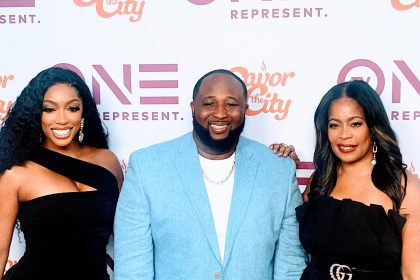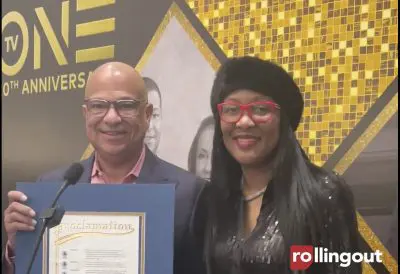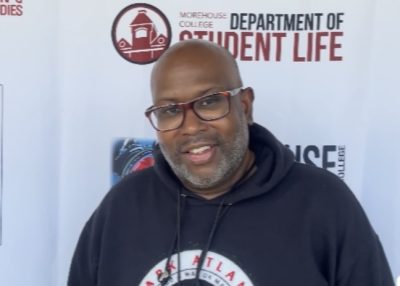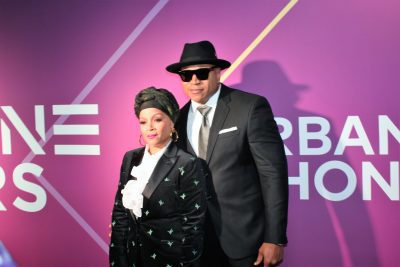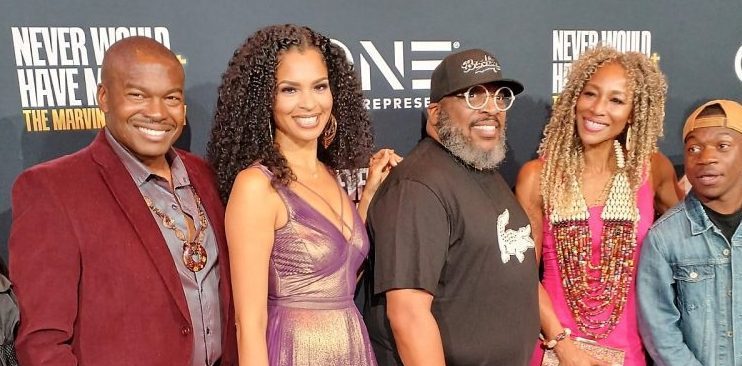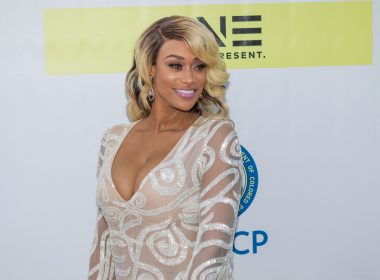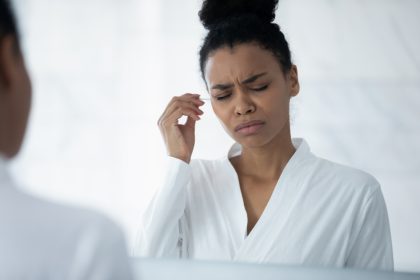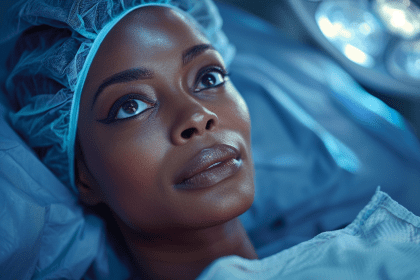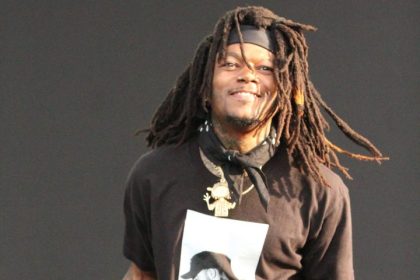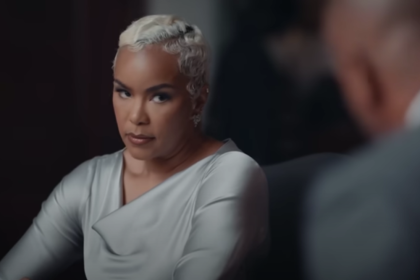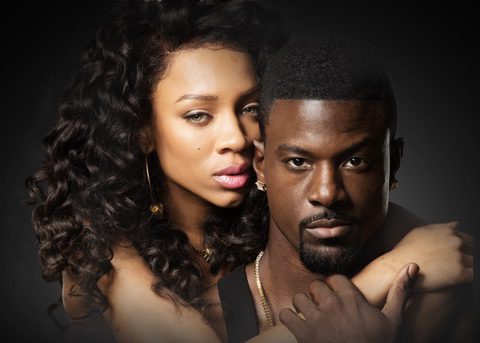
Relationships are known for pushing our boundaries but rarely do people find themselves doing the unthinkable for love. While most wouldn’t do “anything” for love, there are unique situations where people find themselves acting entirely out of character in order to keep someone they love happy or to maintain a relationship. TV One delves into love at its most dysfunctional state in “When Love Kills: The Falicia Blakely Story” starring Lil Mama and Lance Gross.
Directed by actress Tasha Smith, “When Love Kills” chronicles the true story of Falicia Blakely, an Atlanta girl who grew up without love and validation from her parents. Blakely’s mother, played by Tami Roman, has little time to give her daughter because she is too busy trying to fill up her own inadequacies in the arms of random men she entertains. The result is what appears from the outside to be a self-sufficient daughter who is used to fending for herself. We see Blakely start stripping at a local club in order to take care of herself and her mother and it seems she is a headstrong young woman who wants a better life for herself by any means necessary. Audiences are shocked when after falling for Big Dino, a handsome young hustler/pimp, Blakely quickly trades her independence for the chance to be “rescued from the strip club.”
Blakely’s mental state deteriorates, quickly transitioning from a strong young woman to co-dependent abuse victim and eventually a woman that will prostitute herself, rob and even kill for the approval of her abusive boyfriend. Throughout the film, Blakely mentions the fact that no one has ever told her they love her. She justifies her actions with Dino’s validation. His love is the fuel for her addiction and inevitably becomes her downfall.
Mental health advocate and counselor Dr. Sheila D. Williams says a person’s mental state is often not obvious until they are under duress. In the case of a pimp vs. prostitute, she believes the ability to gain mental control over a significant other is a sign of a weakened mental state.
“It all depends on the severity of the situation, the past abuse or exposure and of course the woman’s mental capacity prior to being under the control of the man. Some women or even prostitutes are under the ‘control’ of a pimp but are able to handle the stress and abuse until they reach their breaking point or decide they’ve had enough of the life, money, etc. and they walk away and never look back. Others have endured trauma even before this situation and may not be able to walk away. The question is whether or not they are ‘healthy’ mentally or not. Just because a person is functioning outwardly doesn’t mean they are mentally healthy. They may be coping on the outside, but at any point, the past pain and abuse could resurface to cause a major breakdown,” Dr. Williams explains.
Blakely’s inability to make sound decisions when it came to Big Dino’s demands show that she was definitely struggling from an internal breakdown. Not only does she allow Dino to abuse her physically but she allows him to manipulate her to act out violently toward others.
The saddest part about “When Love Kills” is that it’s based on a true story and there are undoubtedly other women dealing with similar situations. Dr. Williams urges viewers to examine their own relationships when watching the film.
She said, “Just because your relationship may not have the same level of violence or abuse doesn’t mean you aren’t being manipulated or aren’t in an unhealthy situation. The best sign of a healthy mental state is a person that leaves an unhealthy situation at the first sign of dysfunction.”
“When Love Kills: The Falicia Blakely Story” airs Monday, Aug. 28 9 EST on TV One.

